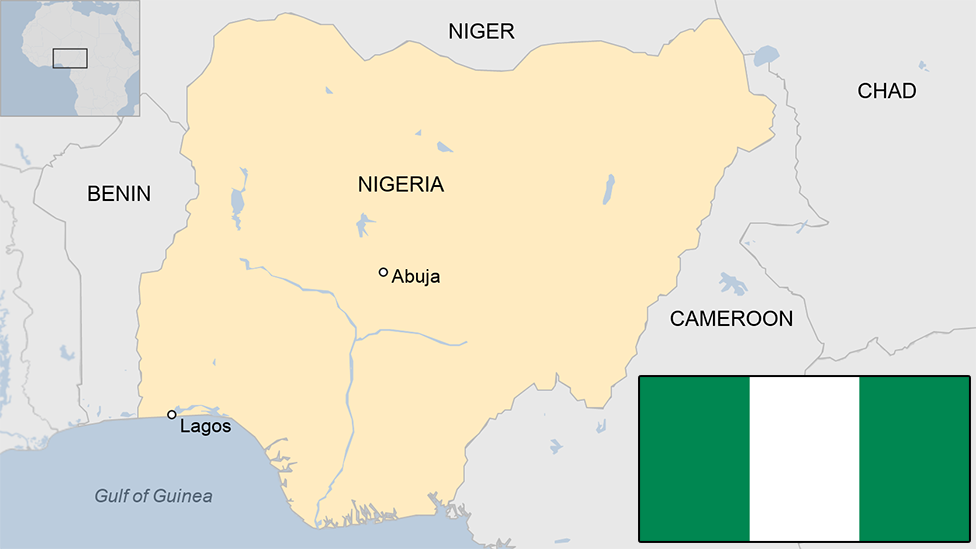Togo country profile
- Published
This page is no longer being updated. It was last updated on 21 May 2024

Togo, a narrow strip of land on Africa's west coast, has for years been the target of criticism over its human rights record and political governance.
Gaining independence from France in 1960, Togo has struggled to build a stable economy.
It is one of the world's top five producers of phosphates, which are used in fertilisers, but remains poor and dependent on foreign aid.
Read more country profiles, external - Profiles by BBC Monitoring, external
TOGOLESE REPUBLIC: FACTS
Capital: Lomé
Area: 56,785 sq km
Population: 8.4 million
Languages: French, Ewe, Kabiye
Life expectancy: 60 years (men) 62 years (women)
LEADER
President: Faure Gnassingbe Eyadema
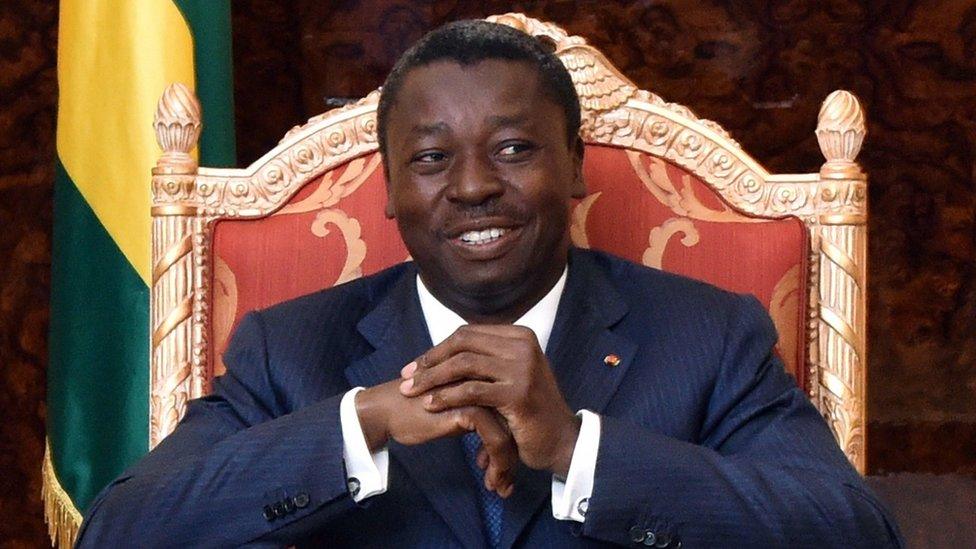
Faure Gnassingbe Eyadema succeeded his father, who died in 2005 after ruling the country with an iron fist for 38 years.
The military installed Faure Gnassingbe as president, but after demonstrations and protests in which hundreds died, as well as international pressure, he held an election in April 2005 that he subsequently won.
Gnassingbe was re-elected in 2010, 2015 and 2020. All of the elections have been criticised by the opposition, who have alleged instances of widespread fraud.
In 2024, Togo's parliament gave final approval to a new constitution extending the president's term. The country will move from a presidential to a parliamentary system.
President Gnassingbé's supporters argue the changes reduce his powers by transforming the presidency into a ceremonial role.
Critics have denounced the move as a coup, arguing that the reforms remove limits on his stay in office and their removal enables him to remain president until 2031, after which he could be appointed to the new position of "president of the council of ministers", in effect prime minister.
MEDIA
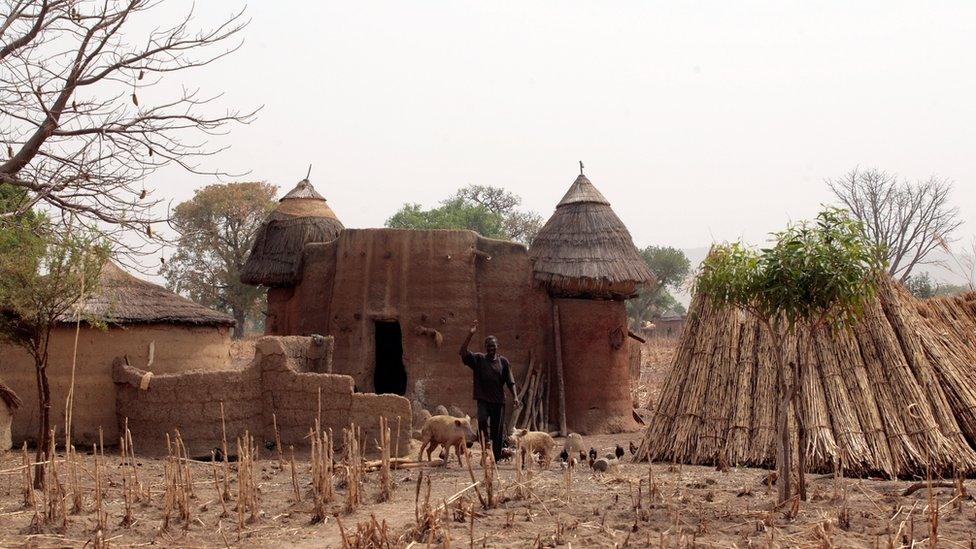
Koutammakou, the Land of the Batammariba in north-eastern Togo, is listed as a World Heritage Site
Togo has a varied media landscape. However, press freedom depends on the political environment.
During election campaigns media outlets come under pressure. "The state and political figures exert strong influence on how news is handled", says the NGO Reporters Without Borders (RSF).
TIMELINE
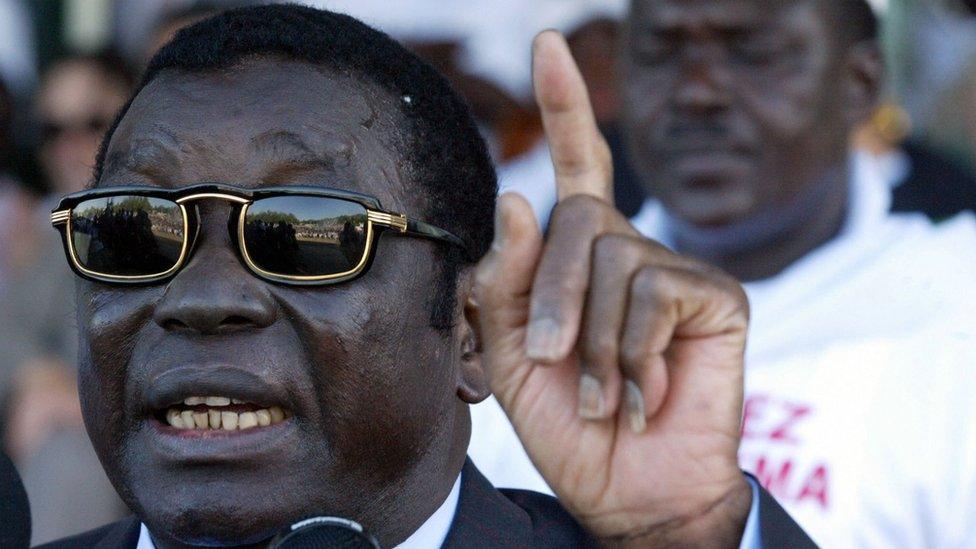
Gnassingbe Eyadema seized power in 1967 and ruled for almost four decades
Some key events in Togo's history:
15-17th Centuries - Ewe clans from Nigeria and the Ane from Ghana and Ivory Coast settle in region already occupied by Kwa and Voltaic peoples.
16th-19th Centuries - Atlantic slave trade begins in 1500s and the coastal region becomes a trading centre for Europeans in search of slaves.
1884 - German protectorate of Togoland established.
1914-18 - World War One.
1914 - German Togoland is occupied by British and French forces.
1916 - Joint rule by UK and France collapses and Togoland is partitioned into British and French zones, creating the colonies of British Togoland and French Togoland.
1922 - League of Nations confirms this division, the mandate to govern the western part of the country is handed to Britain, while France is given the eastern area.
1957 - British Togoland votes to join the Gold Coast as part of the independent nation of Ghana.
1959 - French Togoland becomes an autonomous republic within the French Union.
1960 - Togolese Republic becomes independent.
1961 - Sylvanus Olympio becomes first president in elections boycotted by the opposition. Opposition parties are dissolved. Country brecomes one-party state.
1963 - Olympio is assassinated in an army coup. One of the leaders is Gnassingbé Eyadéma. The military hands over power to an interim government led by Nicolas Grunitzky who initiates political reforms.
1967 - Gnassingbé Eyadéma seizes power, political parties are dissolved.
1992 - New constitution approved.
1993 - President Eyadéma dissolves government, sparking protests and fatal clashes with police. Thousands flee to neighbouring countries.
2005 - President Eyadéma dies. The military appoints his son Faure as president He goes on to win elections that year and subsequently. Opposition parties denounce the results as fraudulent.
2022 - Togo and Gabon join the Commonwealth.
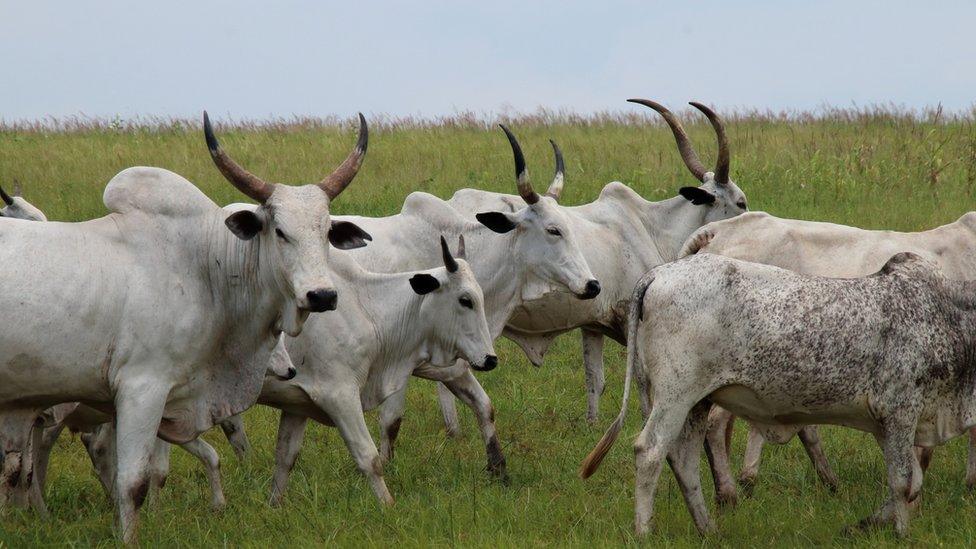
Cattle dominate Togo's livestock sector, while products like coffee, cocoa bean and peanuts account for a significant chunk of export earnings
- Published24 July 2023
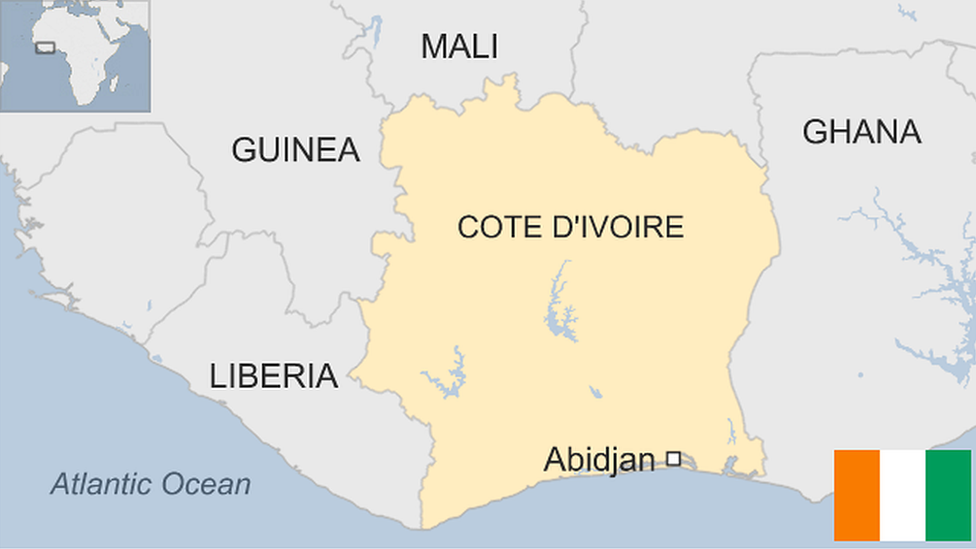
- Published7 January
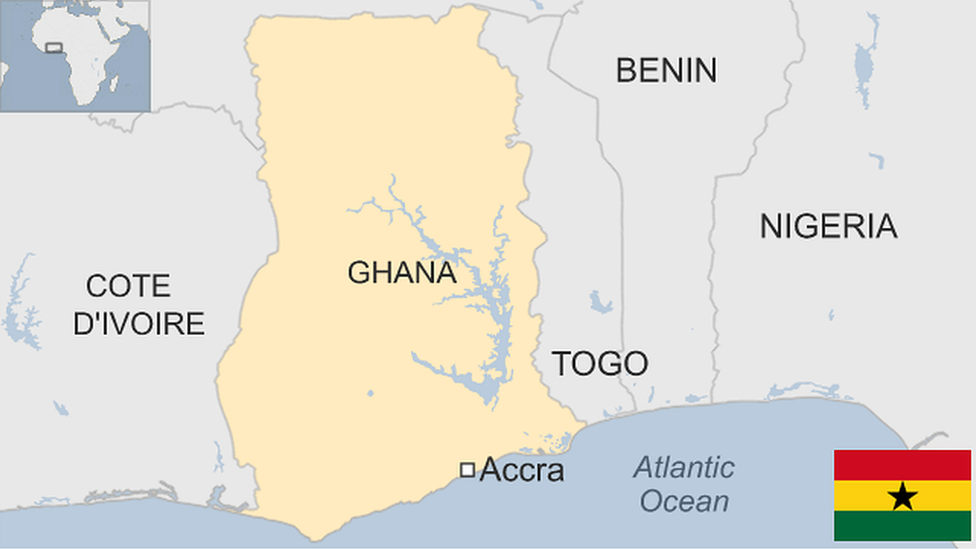
- Published26 February 2024
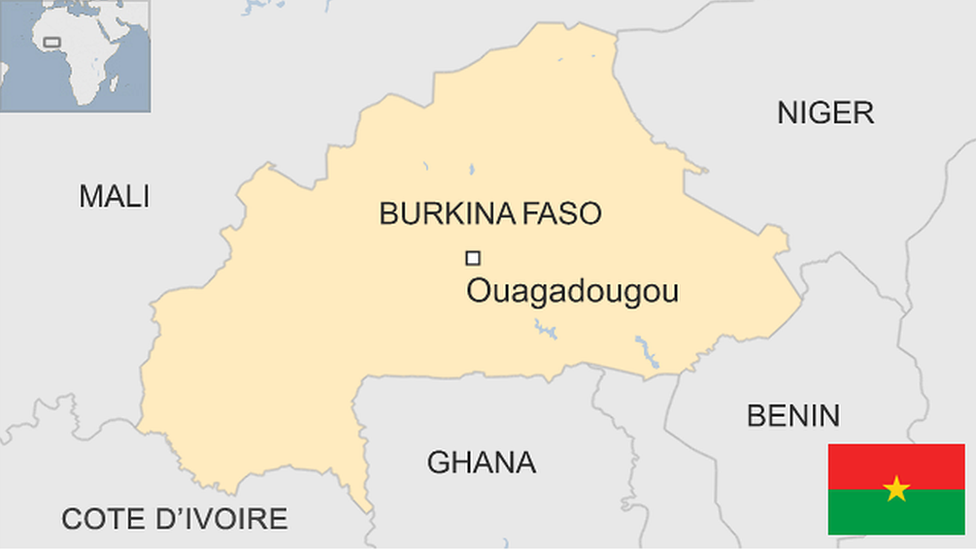
- Published4 August 2023
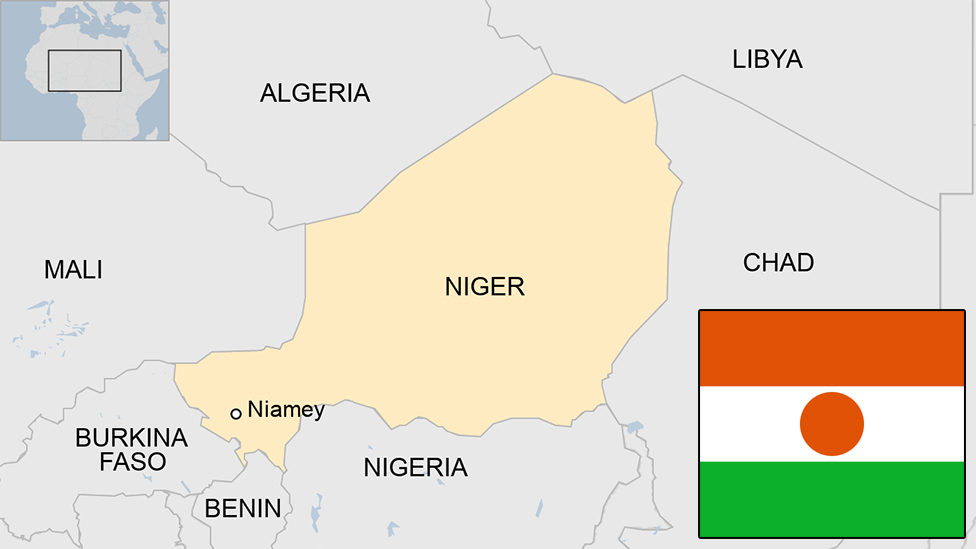
- Published28 July 2023
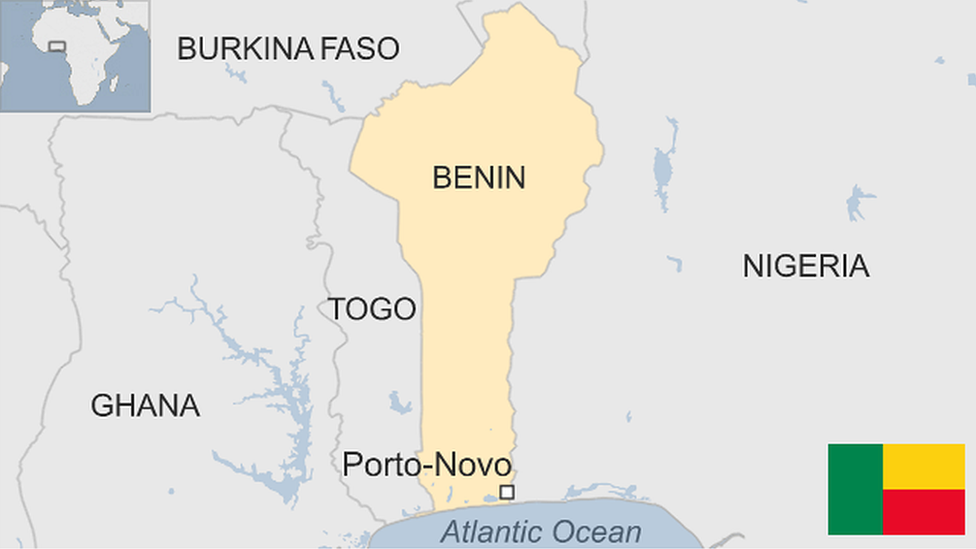
- Published28 July 2023
